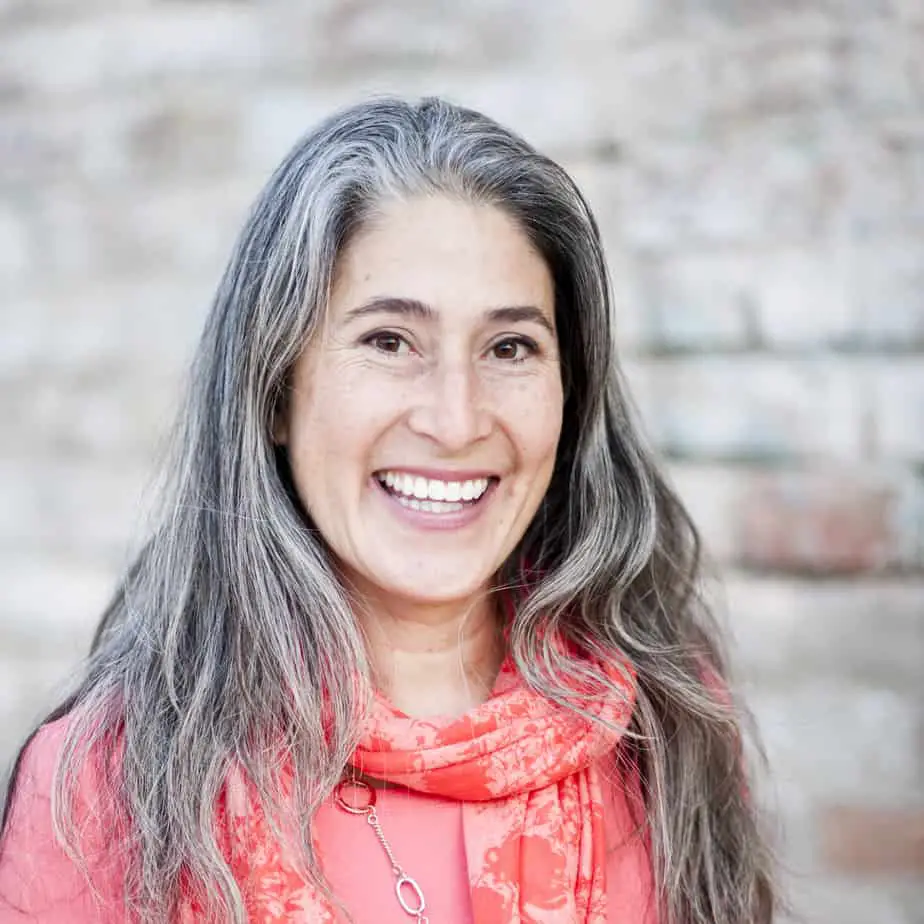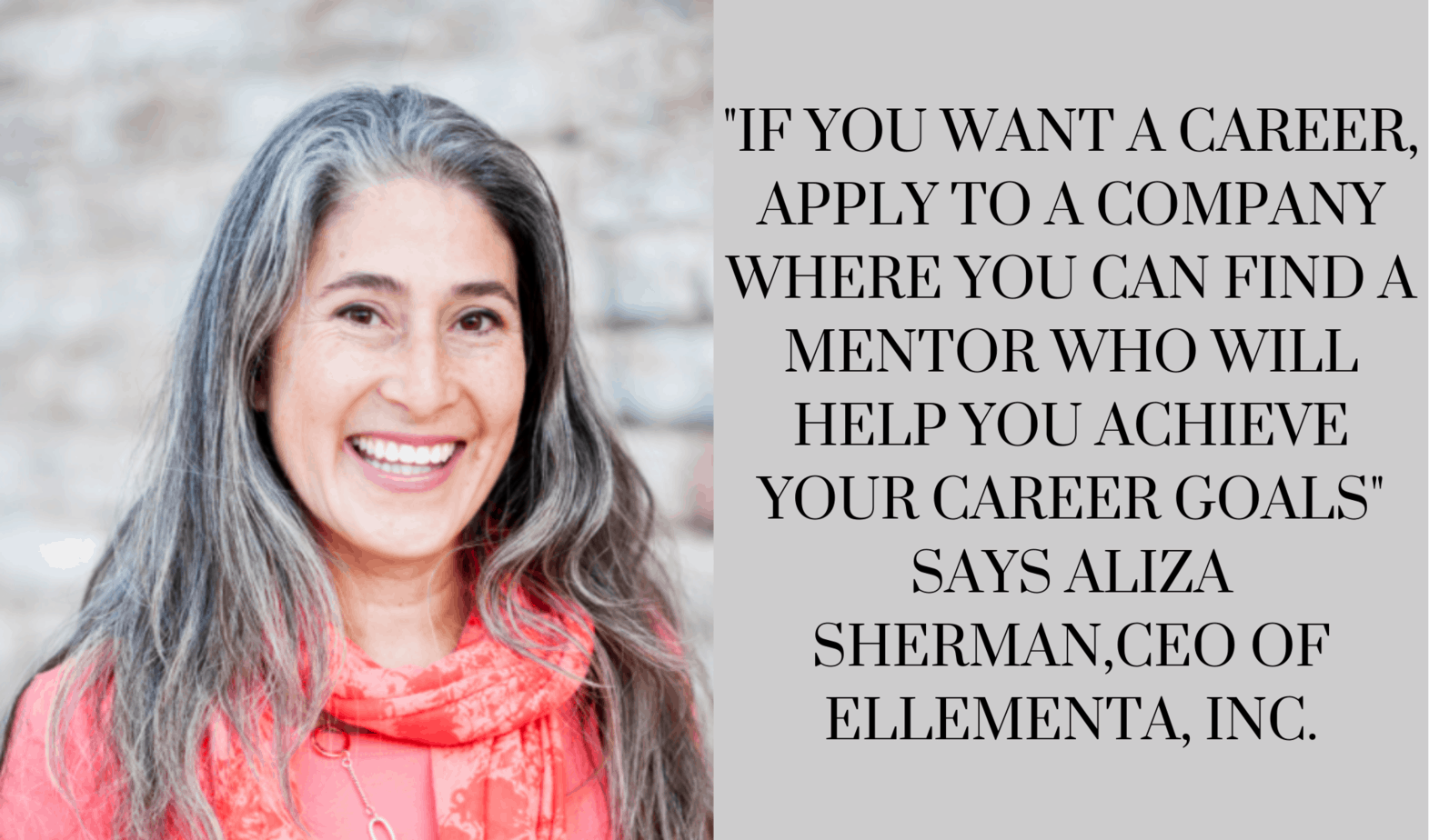How to achieve career goals
How was your University time?
I went to three different colleges. First, I was studying Fashion Merchandising at a small college but found I wasn’t very talented at design and was gravitating more toward liberal arts classes. So I transferred to a large, well-respected university in a small town and took a wide variety of liberal arts classes, so wide, in fact, that I wasn’t getting close to any degree. I transferred one more time to a smaller college in a slightly larger city, started working as a waitress, and tried to fit classes in to get my degree.
After four years of college, I told my parents I didn’t think I should waste any more of their money. I wanted to work. So I took a job at a temp agency and eventually was hired at a bank as an ATM dispatcher. While there, I heard about a local job in the music industry. I always loved music so I applied and was hired to open up an office for a regional music booking agency. That started my music business career which eventually led me to working with Metallica, Def Leppard, Bruce Hornsby and other artists.
That was my first serious career. My other careers have included running a nonprofit organization on domestic violence awareness, becoming a published author now working on my 12th book, being a professional speaker, freelance journalist, starting the first woman-owned Internet company, running the marketing department at a state government economic development agency, starting and running an early social media marketing agency, and my current work starting up a cannabis wellness company for women.
Why did you Seek out a career in this field?
My careers have all come about because of personal interests or personal passions, endless curiosity, and a drive to work hard and make things work. I often dive into a new career first because I learn best by doing. Along the way, I interview people in the industry, partner and collaborate, read and research, and learn from my mistakes.
What was your first job or nuggets from jobs you had that helped you to get to where you are today?
My first real job was working the ticket booth at an ice skating rink when I was 14. Something happened in that job that stuck with me.
Part of my responsibility – at 14 – was to count all of the money in the register at the end of the night and make sure it matched the receipts. One night, I counted and counted over and over again and nothing matched. My boss made it clear that any difference would come out of my pay and seemed to suspect that I did something dishonest.
I knew in my heart that I didn’t steal any money. I also knew that I could not have made a mistake that large. I stayed for hours, recalculating and counting over and over again, crying and praying the entire time. Then I happened to look on the other side of the table where the money was stacked and saw a stack of bills. It had fallen off the table and was the exact missing amount.
I realized the importance of being honest and thorough. I also realized that not everyone will believe you no matter how honest you are. And I realized that not everyone will appreciate the very hard work you do, but that I could never compromise. I am always trying to prove myself as a good worker, even to this day.
The one main lesson? Always be honest in business, no matter what. Eventually, honesty does pay off, if by nothing else than maintaining your personal and professional integrity.
How did you prepare for an interview?
Because I’ve been running my own businesses for years, I haven’t had to interview for a job for years. Back when I was in school, applying for jobs was more of an application process. For jobs where I had to interview, I did as much research about the company beforehand as possible – a different process back then because we didn’t have the Internet! I also prepared questions for the interviewer so I could learn more about their company and the opportunity.
Once I learned that a main interview question was usually “What is your greatest weakness?,” I came up with responses that could turn that conversation into one about my strengths. For example, I might say “I’m a perfectionist which can be challenging at time, but I feel strongly about paying attention to detail at all times. I take pride in my work.”
Books that helped you.?
I think the The E-Myth Revisited: Why Most Small Businesses Don’t Work and What to Do About It was helpful when running my business. I learned about the importance of working ON your business as an entrepreneur and CEO and not IN it.
I can’t say I follow that advice very well, even to this day. I’m just a hard worker and love doing things, getting things done, coming up with more things to do to move forward. I need to dust off that book and take a look at it again!
Things are changing very fast in the industry, how do you keep yourself updated.
After years in the tech industry from the early days of the web, I’ve learned how to take loads of information and synthesize it into discrete points. Also being a long-time freelance journalist, my research skills are finely honed. And as a writer and communicator, my gift has always been the ability to take complex information and simplifying it so it is easily understood by the general public.
Now that I’m in the emerging cannabis industry, these skills are invaluable. There is so much information – and so much conflicting information – that being able to research and find primary source materials and then take complex information and distill it down to easy-to-understand content is critical to what I do and how I do it.
Please list techniques or newsletter, podcasts, events etc
I’ve found a few trusted sources of information in my industry and subscribe to their emails. Then I try to devote some time in the early morning hours to read through the latest news with a cup of coffee.
Because I’ve always been comfortable pioneering new things, a lot of my time is spent coming up with new or better ways of doing something then writing about it. In a sense, I stay ahead of the curve by being innovative, and my writing ends up updating someone else!
Some media I consume:
Emails:
MJBizDaily
Direct Cannabis Network
New Frontier Data
Podcasts:
Canna Insider
Marijuana Today
I also use Flipboard and Nuzzel to curate content for me based on topic.
What can you recommend on CV?
I haven’t been asked for a resume or CV for years. In the States, people are more apt to use a resume. CVs are for academics. I do keep both updated just in case. Actually, I was recently asked for my CV when pitching to speak at a cannabis conference.
My advice is keep your resume short and relevant. Have several versions depending on the job you’re applying for emphasizing the most relevant things. One page is ideal. Two pages is okay. Three pages or more for a resume? Way too long.
Having been on the hiring side for my companies for years, I will tell you we don’t read everything in your resume. We check for key words the relate to the skills and character in a person we want to hire. If your resume is generic, it won’t stand out. If you’re a graphic designer, I hope your resume reflects your awesome creative talent.
Advice for someone looking for job?
Be yourself. I think people try to be their best self on an interview but then their real self comes out once they get the job and it can be a disaster.
Apply to companies where you’d really love to work. If you just want a job, fast food restaurants are always hiring. But if you want a career, apply to a company where you can find a mentor who will help you achieve your career goals.
why do you think you were selected among other candidates?
At this stage in my career, I make my own companies and then try to build a company that people want to work for and those who work within it feel empowered and want to stay.
When I was hired for my first music business job, I know I was partly selected because I was smart and capable, but I have to admit part of it was that the interviewer and I really clicked. We are both Sagittarians, which knowing us both, was important to each of us.
We are still very dear friends over 30 years later!!
Lessons from jobs that you couldn’t get.
I don’t think I ever didn’t get a job I applied for in person. But just a few years ago, between starting and running my own companies, I thought I’d apply for a full time job and get a steady paycheck on someone else’s payroll for a change.
I sent out resumes to a lot of different companies. I was not following my own advice of applying to companies I loved because I just wanted a job. My resume is pretty strong, and clearly my background is solid. But I did not receive a single response back. Nothing. Maybe I was overqualified, maybe I was “too old,” but not a single company even wrote back to say they had received my resume or responded to my follow ups.
The biggest lesson from this was that it takes a lot to get noticed so extra effort is required. But also I learned that when someone sends in a resume, the polite thing to do is to respond, no matter how busy you are. That’s what I take away from the experience as CEO of my own company.
Aliza Sherman
Author, Speaker, CEO of Ellementa, Inc.
Aliza Sherman’s cannabis startup, Ellementa, connects cannabis, CBD and wellness brands to women at monthly Gatherings in 45 cities and growing. In 1995, Aliza founded the first woman-owned Internet companies, Cybergrrl, Inc and Webgrrls International. She is also an author, and her 12th book will be The Essential Guide to Cannabis and CBD: Optimizing Your Health With Nature’s Medicine.
Also Read More: How I Got Product Manager Job After Working In Sales & Business Development
“If you want a career, apply to a company where you can find a mentor who will help you achieve your career goals” says Aliza Sherman,CEO of Ellementa, Inc.

